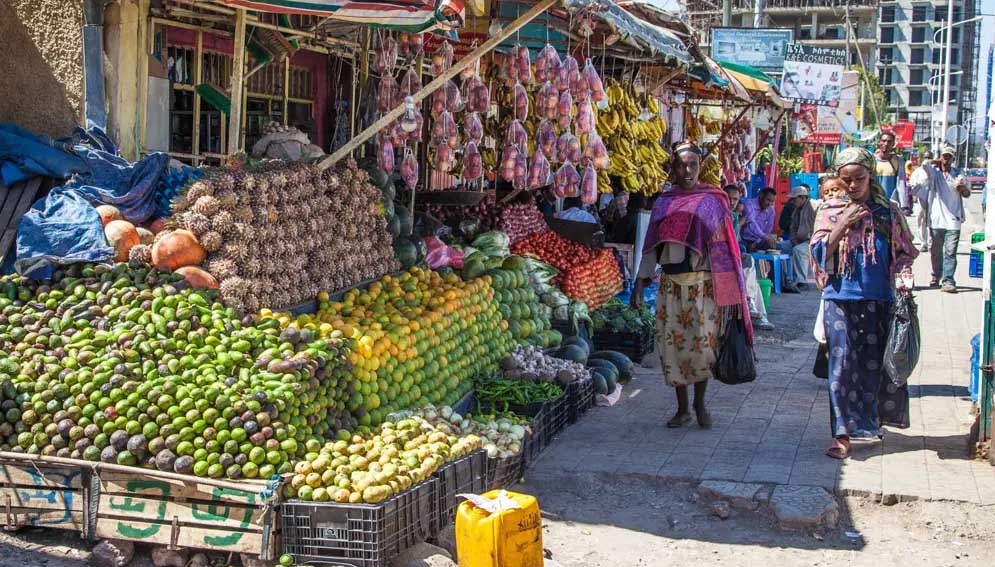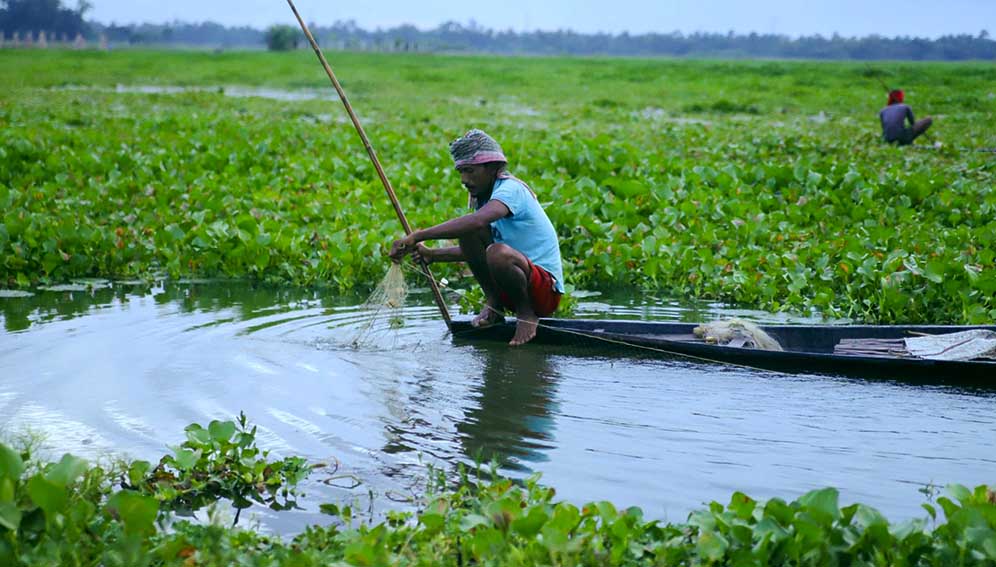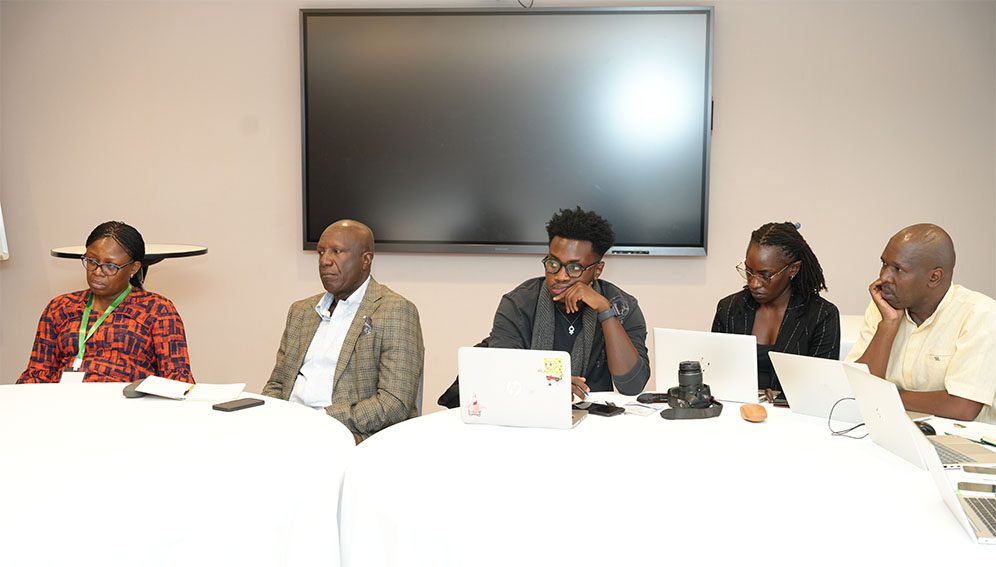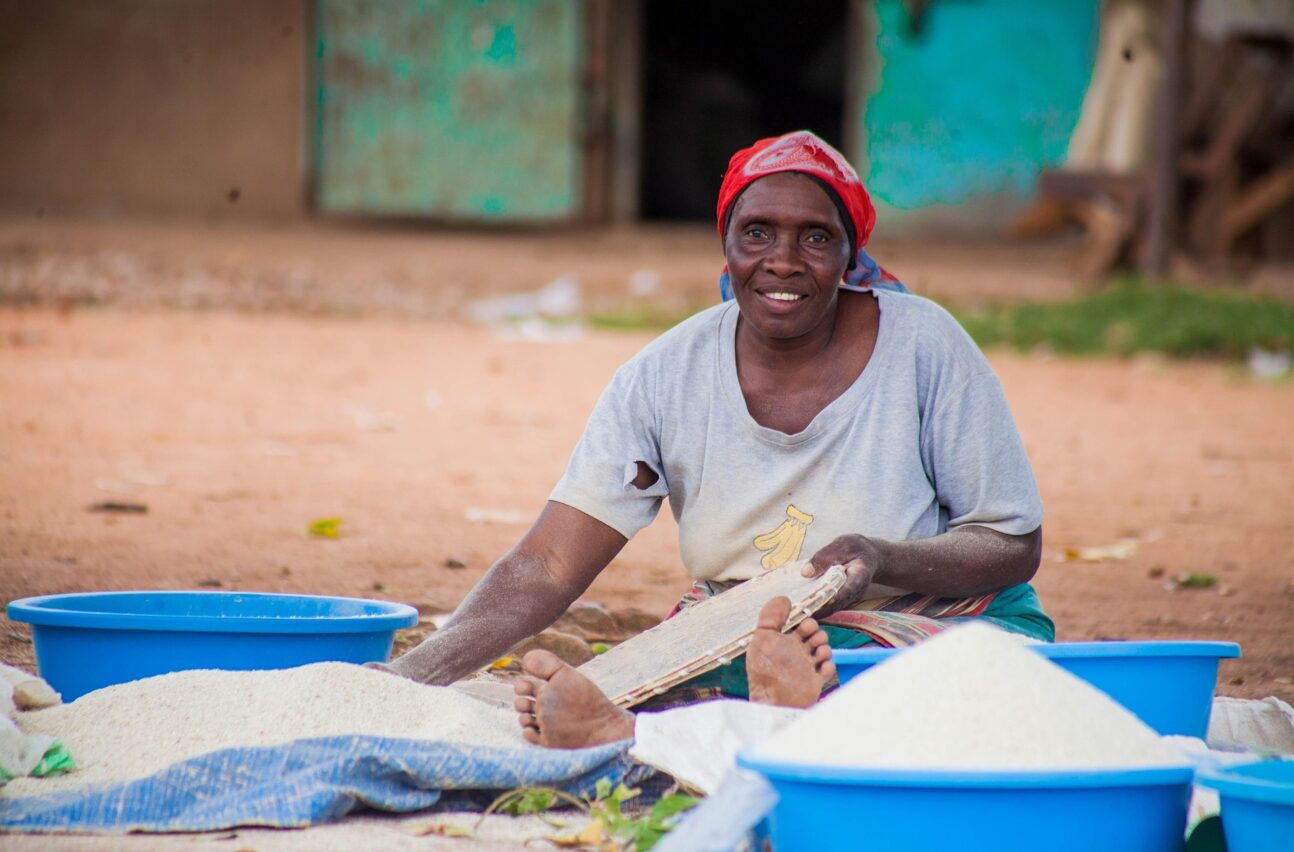SGCI News
A new GEI Project advisory committee has been established that aims to take advantage of the strategic insights of all project members and gives expression to the foundational values of…
A new GEI Project advisory committee has been established that aims to take advantage of the strategic insights of all project members and gives expression to the foundational values of peer-learning and co-creation.
The first meeting of the Science Granting Council Initiative Gender Equality and Inclusion (SGCI GEI) Project Advisory Collaborating Committee (PACC) was held in May 2023.
Drawing as it does on representation from each of the 13 participating science granting councils, the new committee is intended to widen the door to strategic input from all councils, adding their inputs to those of the other project partners such as the Human Science Research Council (HSRC), Council for the Development of Social Science Research in Africa (CODESRIA) and Portia.
| PACC Membership Professor Lyn Middleton (Project Director) HSRC: Dr Ingrid Lynch (HSRC PI), Professor Heidi Van Rooyen (HSRC Co-PI), Dr Lorenza Fluks (HSRC), Ms Roshin Essop (HSRC), Ms Nazeema Isaacs (HSRC), Ms Pilela Majokweni (HSRC), CODESRIA: Ms Irene Kuetche (CODESRIA technical consultant, Francophone), Ms Felicite Djoukouo (CODESRIA technical consultant, Francophone), Dr Augustine Agugua (CODESRIA technical consultant), Dr Dzifa Attah (University of Ghana), PORTIA: Dr Elizabeth Pollitzer, Dr Lilian Hunt, Chair of the GEI Advisory Board. JIVE MEDIA AFRICA: Mr Robert Inglis |
“The PACC was conceived to give expression to and embody the values of co-creation, collaboration and inclusion that are fundamental values that define our GEI Project,” said Project Director Lyn Middleton.
Middleton described the PACC as a “platform to introduce and get buy-in on strategy and the best implementation processes.”
She said the PACC would contribute to workshop design and would advise on and inform research activities, provide feedback on project implementation, contribute to technical project reports and offer peer support to participating councils.
All members will participate in actively reflecting on implementation progress, barriers, and solutions, she said.
One of the other benefits of the PACC will be to keep councils’ networks of stakeholders involved in GEI project activities aimed at strengthening GEI in the research-granting cycle.
Coming as it does in the second phase of the GEI Project, the formation of the PACC takes advantage of a growing wisdom among science granting council members about the importance of GEI and the strategic value of focusing GEI efforts on the grant-making cycle.
The committee will meet virtually twice a year throughout the project implementation period from 1 December 2022 to 1 September 2025.
Related News
Unlocking stronger food systems with African research
[SciDevNet] The 2025 Global Food Policy Report warns that the world could be heading toward another major food crisis. For Africa, the warning is especially urgent. Across the continent, food systems are under pressure from climate change, economic shocks, and political instability. These overlapping challenges…
Invasive lake weed turned to clean energy in Ethiopia
[ADDIS ABABA, SciDevNet] For years, Fentie Wabi worked as a fisherman on Ethiopia’s Lake Tana, until an aggressive green invader changed everything. Water hyacinth, a fast-spreading aquatic weed, began choking the lake that had sustained his community. “As the weed expanded, we couldn’t ride our…
Commercializing Research and Innovations through Public- Private Partnerships
African countries are making progress towards the Sustainable Development Goals (SDGs). Over the past years, innovation and research capacities have grown across the continent. However, the commercialization of these innovations remains a major challenge. How can African countries best turn research into real-world products and…
Research and Resources
SGCI funded projects
Zambia’s top researchers pioneer solutions for climate resilience, food security, economic growth
Project Titles & Institution Areas of Research Number of Projects being funded Project Duration Grant Amount In-Kind Distribution Council Collaboration with other councils





